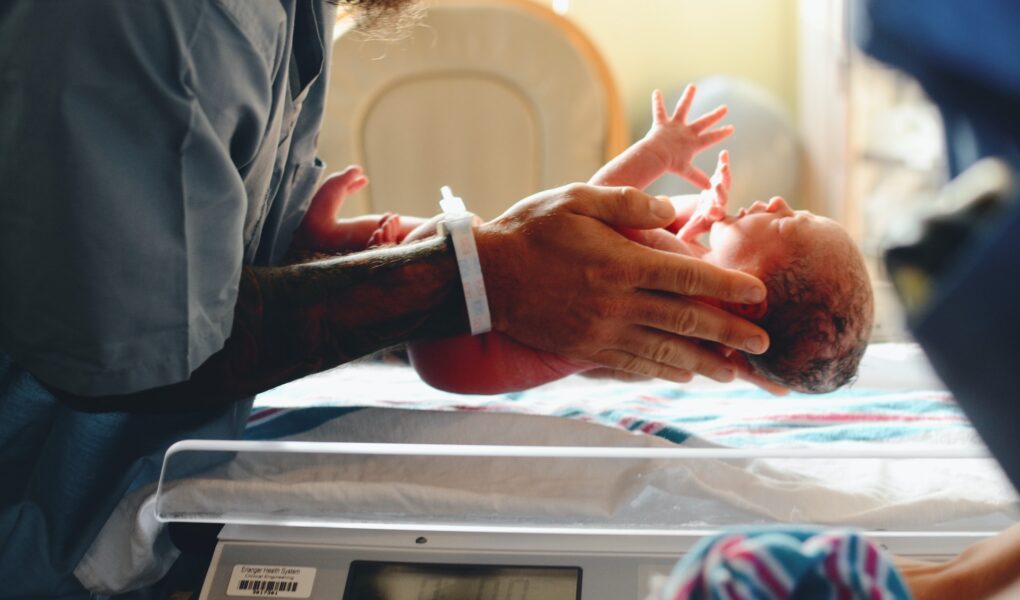Vital records contain a wealth of data on births, deaths, and other events essential to directing public health prevention and intervention strategies. They also contribute to national surveillance and research on maternal and infant health, racial/ethnic disparities in access to health care, and other factors influencing quality of life.
Birth Records Are a Public Record
Birth certificates are essential pieces of evidence in genealogical research. They provide proof of the date and location of a person’s birth. They also often contain references to other vital records that may help to establish family relationships or census data.
Usually, these public birth records are stored permanently by the state where the event occurred. Depending on the type of record, they can be viewed at the state’s vital statistics office or local county clerk’s offices.
Some states will also allow you to view the information on their indexes online or on microfilm. These websites will enable you to view information like the mother’s maiden name, aliases, and other details often omitted from official birth certificates.
These comments are essential for genealogists because they can tell if someone is an immigrant, a parent remarried, or a child was adopted. They can also inform you about alternate name and nickname spellings.
In New York, birth and death certificates are public records. However, they can only be released to the individual once they are 18, a parent is listed on the certificate, or by court order.
Copies of birth certificates can be ordered in person at the City of Albany’s vital records office or mailed. A money order or certified bank check for $15 per copy must accompany your request.
Birth Records Are a Right
Birth registration is a fundamental right. It gives a child a legal identity and helps governments decide where to spend money and how to provide essential social services.
Governments must ensure that every person is registered – whether by making birth registration easier or providing cash grants or other support to parents struggling to write their children. This ensures that children are protected from violence, and their other rights are upheld.
Despite the importance of birth registration to human rights, governments in 25 countries still do not have a system to register every child. This is a severe violation of their rights and a cause for concern.
The most effective way to address this issue is to amend the laws and policies of each country. It is a simple process that can have a significant impact.
For example, Pakistan and Tanzania have introduced smartphone apps enabling registrars to collect and upload birth registration data digitally. This is a promising way to make the registration process more accessible.
The Law Revision Commission studied the topic of access to birth records and came up with draft bills that would have expanded the number of people who could receive copies. These bills would have allowed genealogical societies to give anyone over 18 years of age access to birth records but not adoption records, medical or health information, or births outside of wedlock.
Birth Records Are a Trust
Your birth records are critical to your lifelong health and well-being, whether it’s the baby’s first driver’s license or a social security number. Despite this, many states need to make it easier for citizens to learn how they were born.
When it comes to a legal birth certificate, Wisconsin has a reputation for needing help to track it down, especially for first-time parents or those unfamiliar with their state’s requirements. The best way to ensure your birth record is in order is to contact the state’s vital statistics office as soon as possible so that they can provide you with a complete set of documents.
The best part about having a well-maintained birth record is the knowledge you’ll have about your child as they grow up. This information can help you make better decisions for your family and avoid potentially costly mistakes later in life. It can also provide you with a more accurate picture of your child’s health and well-being, which may prove helpful if you decide on a treatment for an illness or condition. This is particularly true for children who have suffered a traumatic experience, such as those born due to a violent crime or lost in an adoption process.
Birth Records Are a Resource
Birth, marriage, and death records (vital records) are crucial sources for researching your family history. They provide details about names, relationships, locations, dates of events, and more. Moreover, they provide proof of identity and age for legal purposes, which is necessary to establish a valid identity and obtain many government benefits, including passports, schooling, military service, insurance, and pensions.
Despite the importance of public birth records, however, some people cannot access them due to privacy restrictions. Whether you are a family historian, genealogist, historian, researcher, or other professional, you must be aware of these limits and ensure you have access to vital records as part of your research.
While governments worldwide have tried to improve civil registration and vital statistics, the systematic recording of births remains a significant challenge. About one in four children under 5 (166 million) worldwide are not registered today, highlighting the need for further investment to increase registration rates and achieve universal coverage.
The International Committee of the Red Cross, in collaboration with the World Health Organization, has published a new report, Birth Registration in the Global South, that identifies barriers to birth registration and outlines measures that can be taken to improve this critical service. It demonstrates uneven progress and calls for additional investments to achieve universal birth registration by 2030.




